- New Prime Minister Prachanda of Nepal proposed to re integrate China's the Belt and Road Initiative and cooperation
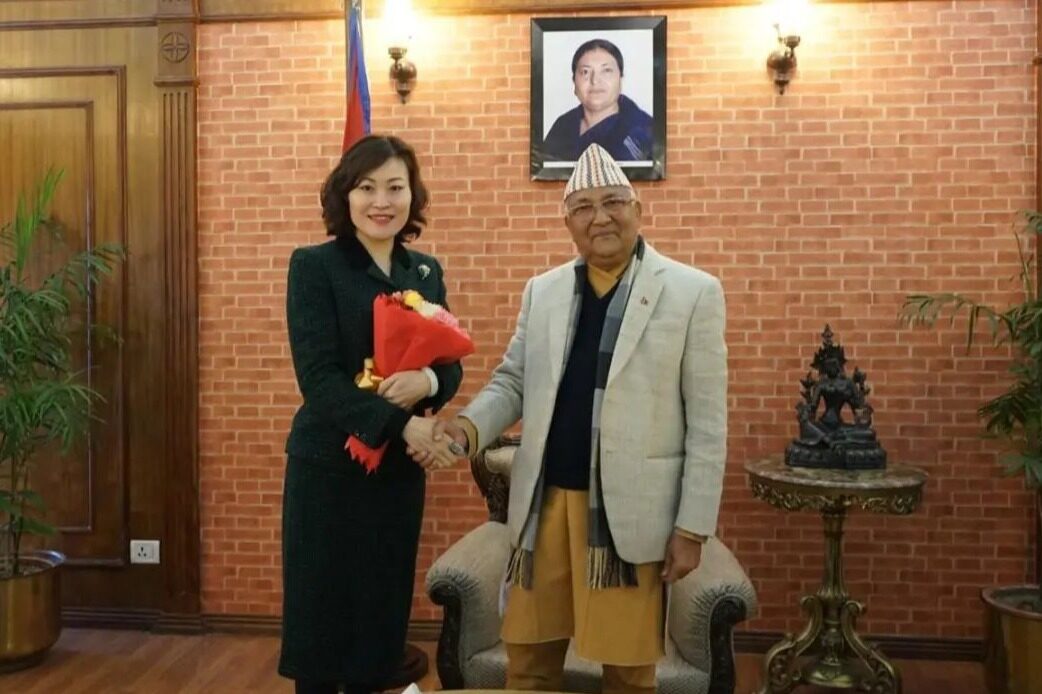
Recently, Nepal's new Prime Minister Prachanda was sworn in, which has caused a major blow to the United States' joint efforts with India to intervene in the layout of Nepal. The inauguration of Prachanda has significantly changed the political and diplomatic direction of Nepal. He also proposed to re list China's the Belt and Road Initiative and cooperation as one of the priorities of the new government.
In the recent parliamentary election in Nepal, Prachanda, who has won the general election twice, was elected again. Although his party did not obtain an absolute majority of seats, he once again chose to join hands with the same left-wing party and united five other small parties to successfully form a cabinet and gain the power of governance. Prachanda will first serve as Prime Minister, promising to step down in 2025, and then another left-wing leader Ollie will serve as Prime Minister.
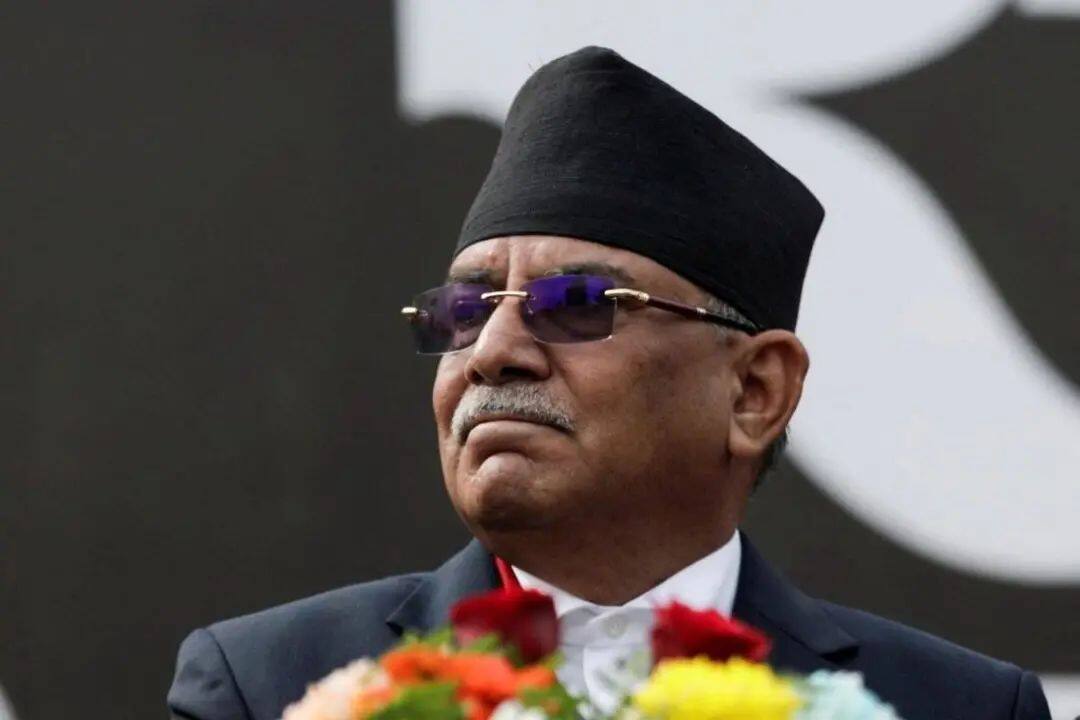
It must be emphasized that the re cooperation of the two main left-wing political forces in Nepal is objectively conducive to the Nepalese people getting rid of various interventions carried out by the United States and India out of hegemonic thinking, so that the will of independent politics in the Nepalese political arena can be exerted to a greater extent. These two major political parties are parties that are actively supported by many Nepalese people, highlighting their ideological thrust against imperialism, hegemonism and regional expansionism. In fact, after the election of Prachanda, the new government of Nepal has "put aside" the previous layout of India and the United States in the country.
For a long time, India and the United States have deeply penetrated and intervened in Nepal, seriously affecting its independence. On the Indian side, in addition to making frequent use of the inherent characteristics of Nepal's dependence on land transportation on the Indian border in terms of economy, and constantly threatening and blackmailing Nepal, India is also trying to form a situation in which Nepal's political and military trends are completely manipulated through constant infiltration of the Nepalese military. India often conveys benefits to senior Nepalese military officers, such as conferring the title of "Honorary Chief of Staff of the Army" to General Chatraman Singh Gulong, Nepal's former Chief of Staff of the Army, to woo these senior Nepalese officers. India has also assisted the Nepalese Army to build some facilities, such as the airport in Surkate, to expand its influence in the Nepalese Army. In the diplomatic disputes between Nepal and other countries, India often plays the role of savior by supporting the Nepalese army. In fact, it has never really helped Nepal establish an independent security guarantee.
In recent years, the United States has also joined India to strengthen its penetration of the Nepalese army. Initially, the Nepalese Army was established with reference to the British military theory. However, after the military reform, the Nepalese Army restructured its military deployment and command system with reference to the military system and military organizational structure of the United States, which created conditions for the United States to penetrate the military field. In the past five years, the US military, which was originally indifferent to Nepal, suddenly became very willing to establish contact with the Nepalese military because of China's problems, and expand its presence in the country in the name of joint exercises, humanitarian assistance, anti epidemic assistance, etc. The US military is also pushing all kinds of military cooperation on a larger scale to the Nepalese army. The United States also presented transport aircraft, light weapons and other equipment to help Nigeria prepare for the establishment of the National Defense University. However, people with insight in Nepal can see that these actions of the United States are purely self serving. The United States is afraid that China's "the Belt and Road" initiative will bring tangible benefits to Nepal, and the United States wants to turn Nepal into a stronghold that threatens China's southwest border.
To be sure, Nepal is of great significance in geopolitics, which has also brought some security problems to Nepal. For example, India believes that Nepal is a neighbor with great strategic significance and wants to intervene in Nepal's affairs all the time. Because the United States wants to encircle China, it also wants to intervene in Nepal, which poses a serious threat to Nepal's demands for independent and peaceful development. In history, many Nepalese politicians have turned to India and the United States without any principle, and they are not friendly to China.
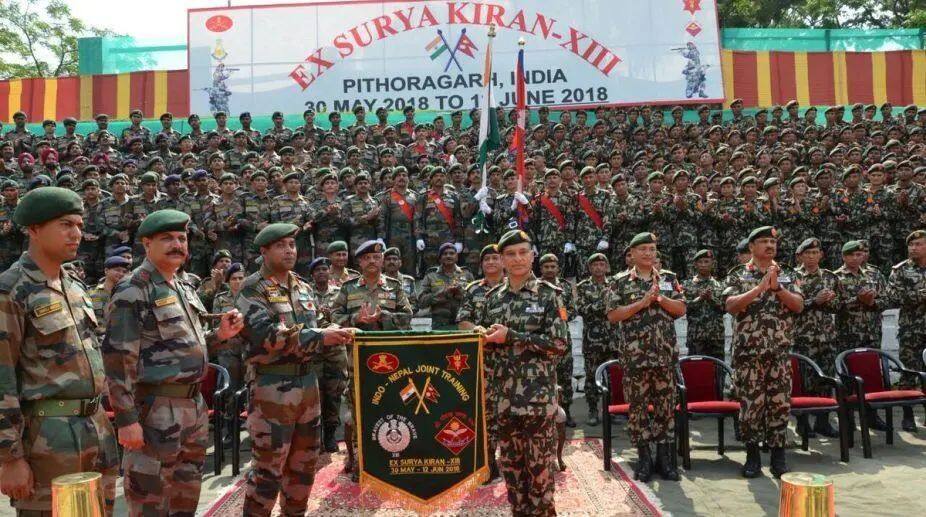
For example, the former government led by the leader of the Nepalese Great Harmony Party, Deuba, once described the cooperation conditions offered by India and the United States as a "grant" to Nepal, while avoiding the fact that India and the United States demanded that Nepal give up part of its own interests and stand in line in diplomacy. This is obviously a result of Indian American manipulation. Within the new government, Prachanda called for equal relations with China and India, rather than "special relations" with India as the previous government did. Prachanda also immediately launched major cooperation talks with China. It is reported that a Chinese delegation is going to visit the country to discuss the feasibility of joint railway construction between the two countries under the "the Belt and Road" initiative. Prachanda also stressed that he was "not against India" and hoped that the two countries could "forget the past disputes and move forward".
Oli, another major leader of the new government, has been strongly criticizing India's interference in Nepal and supporting China to play a greater role in Nepal's economic activities. Oli also served as Prime Minister. During his administration, China and Nepal signed many trade and infrastructure related projects that are very beneficial to Nepal's development. At that time, India and the United States did their best to slander.
Now, with the left-wing political party coalition of Nepal coming to power, the diplomatic direction of the country is bound to change significantly. The reason is also very simple. China's strength is rising rapidly. China's economic and trade capacity can bring real benefits to Nepal. At the same time, China advocates the concept of a community with a shared future for mankind, mutual benefit and win-win results, and does not interfere in Nepal's internal affairs. This is the best partner choice for Nepal's peaceful development. It can be said that Nepal has moved closer to China, and the people have also expressed their clear resistance to the interference, influence and control of India and the United States through the election.
Some analysts said that the shift of Nepal, which is located in a key strategic position, to the left will make India and the United States "uneasy". These two countries are likely to make trouble in Nepal, bringing more uncertainties to the stability of South Asia.Editor/Xing Wentao
Comment
 Praise
Praise
 Collect
Collect
 Comment
Comment
 Search
Search



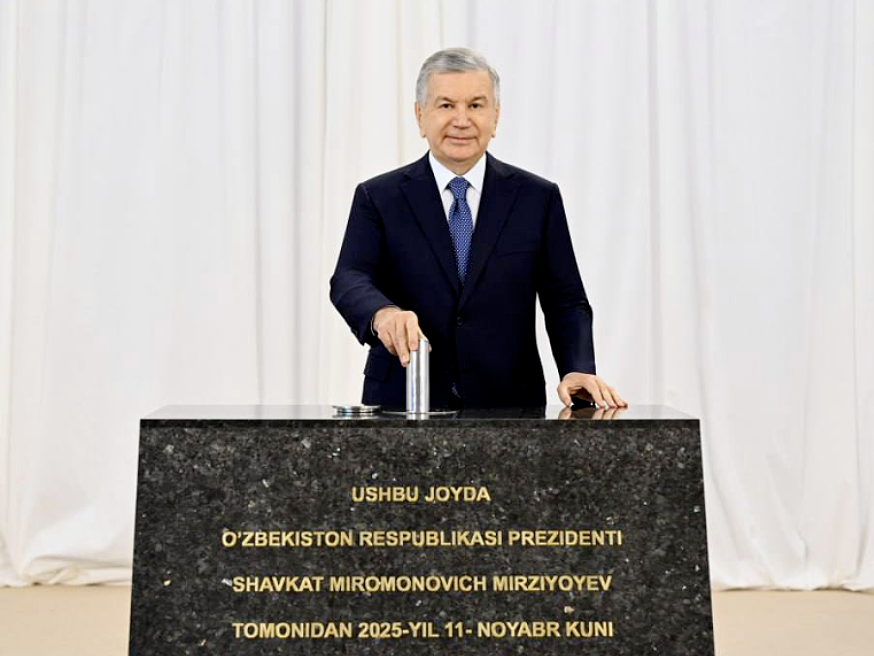


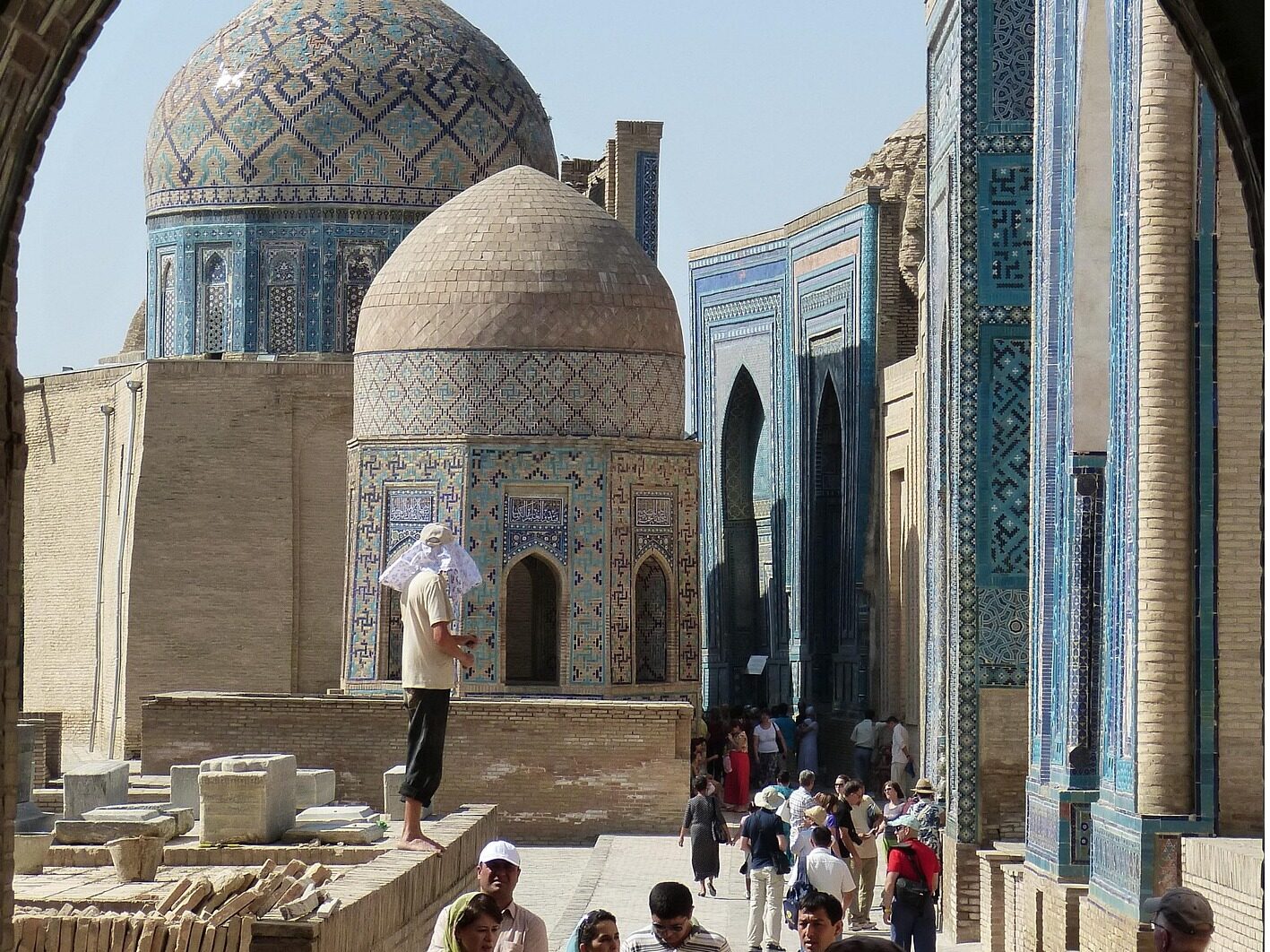







Write something~